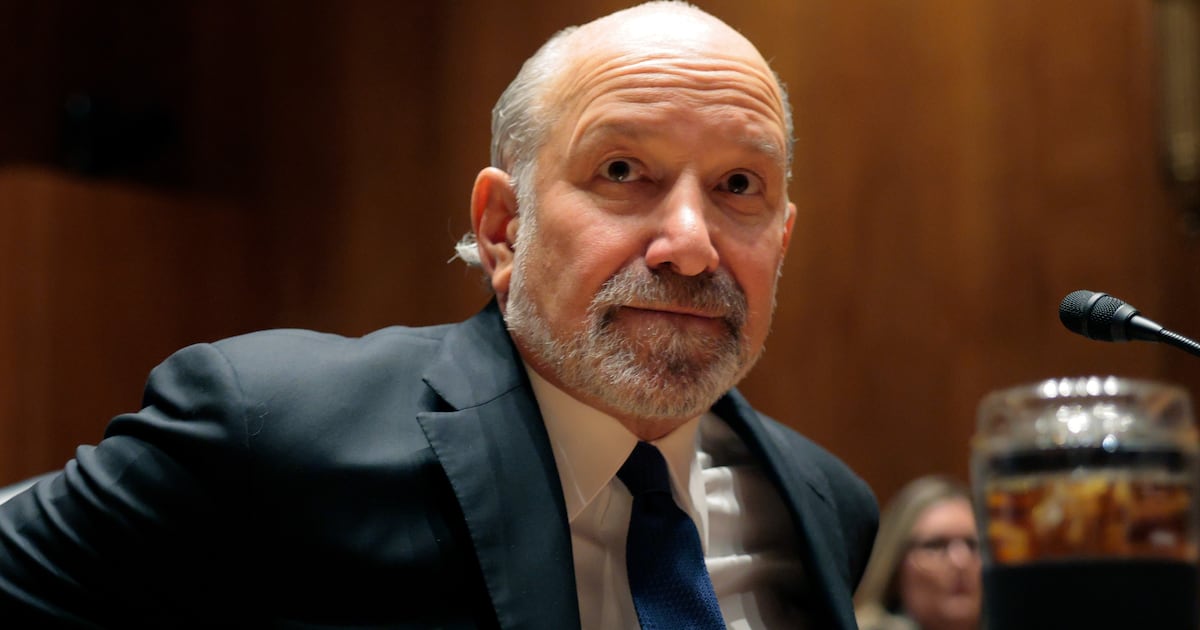I almost perversely wish today that Robert Bork had made it to the Supreme Court ack in 1988 and lasted on it until this morning, when he drew his final breath, because that would have given Barack Obama a chance he very well might not get in the next four years, which is to replace a conservative with a liberal and shift the court's balance. Anthony Kennedy, who replaced Bork when the latter's nomination was withdrawn, is still going strong.
Bork, of course, will be lionized by the right-wing media today as the victim of most intense liberal witchhunt of the century, and that is how the conservative side will always remember him. Liberals will and should remember him very differently, as the most extreme nominee ever placed before the bench. The man supported the poll tax used by Southern states to prevent black people from voting: "It was a very small tax, it was not discriminatory, and I doubt it had much impact on the welfare of the nation one way or the other." There's a lot more, but that's pretty emblematic.
So no, I don't really wish he'd been on the Court all these years. At least we got the Lawrence decision out of Kennedy. Bork would have pushed the Court hard to the right faster than it arrived there without him.
Let's also not leave the Saturday Night Massacre out of any review of Bork's career. One of the most shocking moves ever made by any president, that firing of special Watergate prosecutor Archibald Cox, later declared illegal by a federal judge. For those who don't know: Nixon's attorney general, Eliot Richardson, refused to carry out Nixon's order to fire Cox, as did his deputy Bill Ruckelshaus. Bork, the solicitor general at the time, was hustled over to the White House and sworn in as acting attorney general, and he promptly carried out the illegal firing.
It's also worth remembering that "Borking" didn't really start with Bork. It started with what the Republicans did to Abe Fortas in the 1960s. Democrats then returned fire on Clement Haynsworth and Harrold Carswell. You can look all these people up if you wish, but the point is that there was Borking before Bork.
His name will live on, that's for sure. I always thought it uncanny how his name, so blunt and monosyllabic and sightly funny, sounded just like the activity that it came to define; if Shakespeare himself had tried to come up with a neologism meaning "to rake a person over the coals and toss him out on his ass," he might well have settled on "bork" as the word for it.
It is regrettable that Court battles have become what they've become, and I'll certainly acknowledge that Democrats, via the Bork and Clarence Thomas battles, have dirty hands here in process terms. But there are principles involved in all these fights, too, and Bork was simply way too extreme to sit on the Supreme Court.





